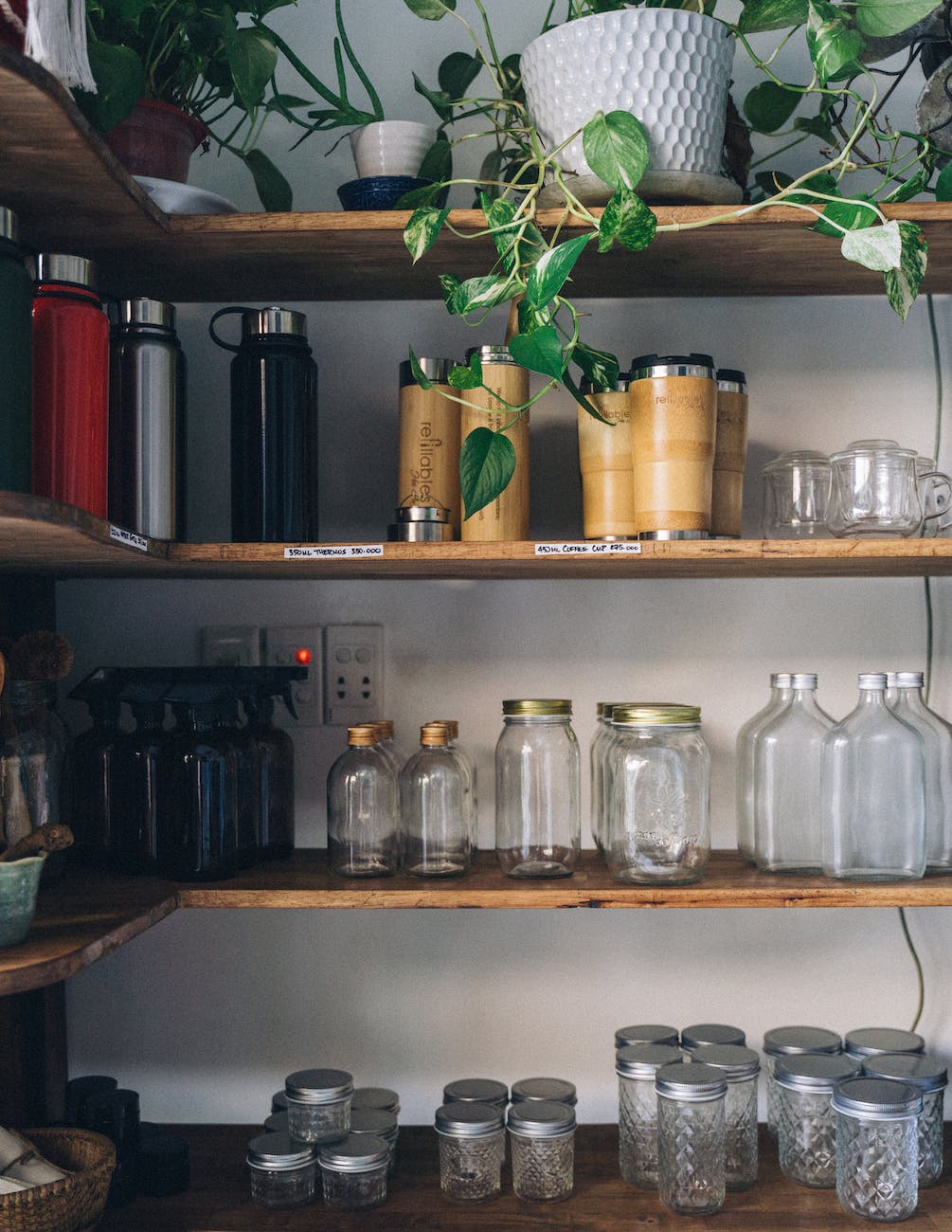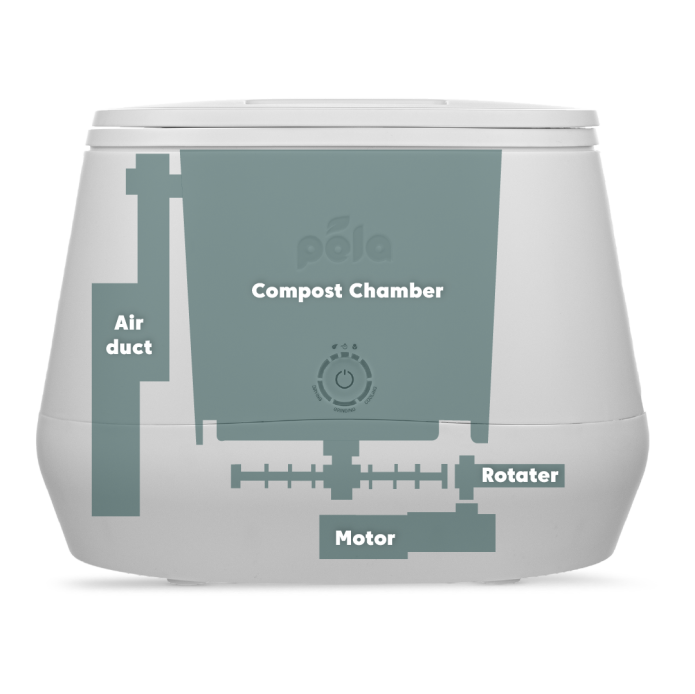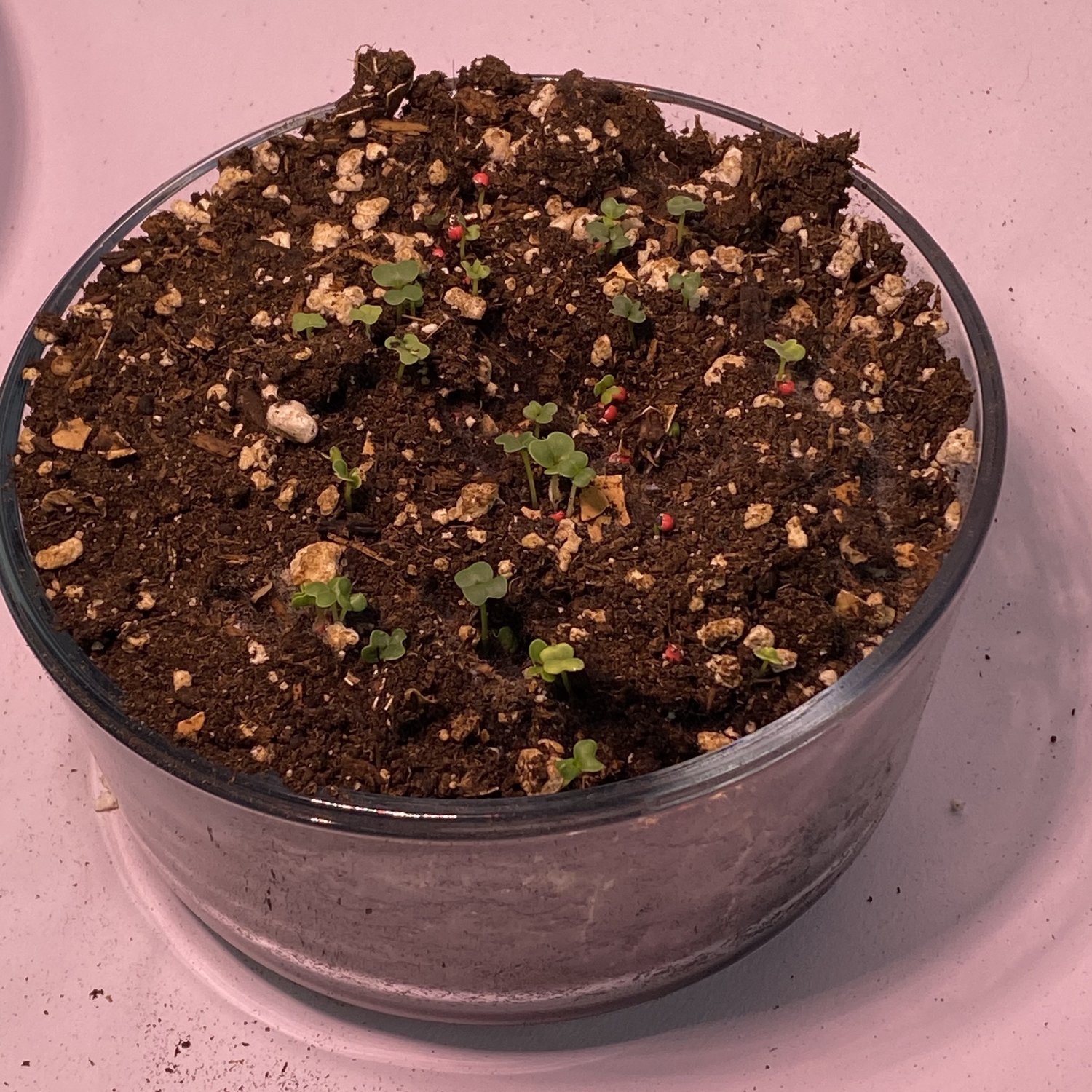
It’s true – it’s possible to have a great holiday without turkey, ham, cream, butter and eggs. It’s not only possible – it’s easy, and better for the environment!
Many of our holiday traditions centre around food – and great food is still part of a plant-based holiday, just in a slightly different format. (Plus, if we are lucky, we still get time with loved ones – which is far more important than a turkey! 🌈)
What does that look like? Here are a few simple tips to help get you started. Start with a few easy adjustments – or go all-in, if you are ready for a bigger change.

Instead of dairy cream, mix cashews and water (about equal parts) in the blender. Add salt, pepper, garlic etc as usual. Use in mashed potatoes, or gravy on everything!
Instead of dairy milk in pies and other desserts, use non-dairy milk (homemade is easy) or use a bought alternative. Top with non-dairy ice cream, if desired.

Looking for a main protein dish? Try making a lentil loaf, or buying a ready-made veggie roast or sausage. There are countless options, so try a few until you find your new favourite. Remember that you probably don’t love absolutely every animal product that exists – but you still like some. So if the first veggie sausage you try isn’t your new instant favourite, just keep going and try something different. Be careful not to write off the category (eg “I tried one plant-based sausage and I didn’t like it, so I’m going back to meat”), just because of a few bumps in the road. You have probably been eating animal based products for decades – so don’t be surprised if you don’t find your new favourite lentil loaf on the first try. Give lentils as much time/space to become a staple in your diet as you previously did to meat, dairy and eggs!

What changes have you already made? What would you like to switch but aren’t sure about? Share your questions and wins in the comments and I’ll answer all of your questions!































